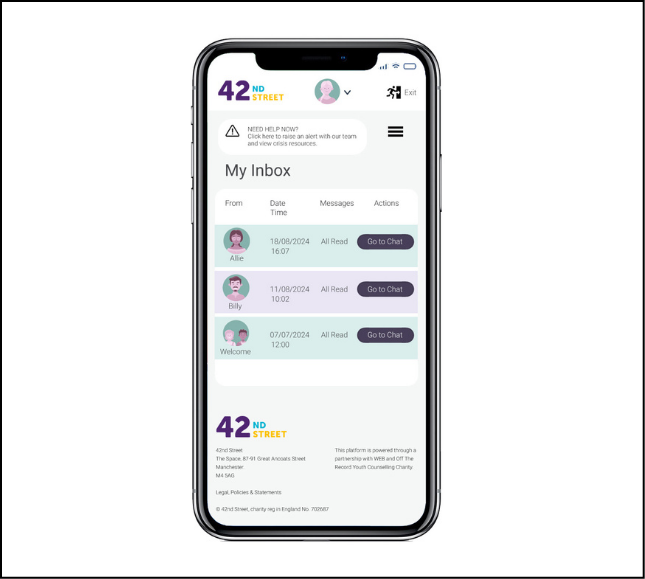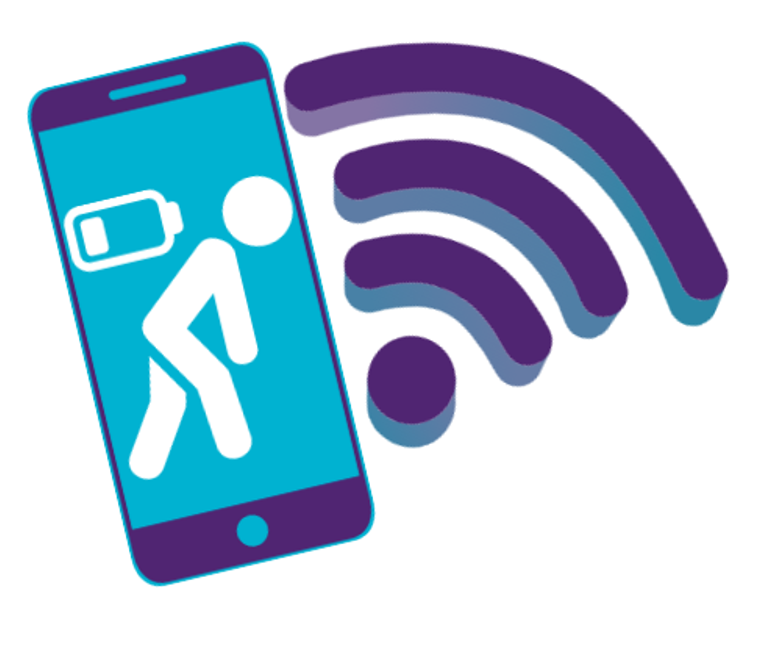Confidence and Self-esteem
Reading time: 4-6 minutes
Confidence and self-esteem affect the ways in which you view yourself and how good you feel about what you do. If you have high self-esteem, you’ll probably like yourself as a person and believe that you deserve good things to happen to you. If you have high confidence, you generally believe in yourself and accept who you are and what you’re capable of.
It would be great if we could have high confidence and self-esteem all of the time, but lots of things in life can influence how we feel about ourselves. If you find that you’re struggling with low self-image most of the time, it can really impact your mood and prevent you from doing things that might otherwise bring you happiness.
You’re allowed to feel good about yourself and be proud of the things you do, it can just be tricky to get to that place sometimes...
Having high self-esteem and confidence can help you:
- Believe that you’re capable
- Stand up for yourself
- Be more open to trying new things
- Be more forgiving of yourself
- Believe that you’re worthy and deserving of happiness
- Feel proud of who you are
- Embrace what makes you ‘you’
In contrast, low self-esteem and confidence can make you feel like you don’t deserve to be happy and that you need to change yourself to become a ‘better’ person. You might avoid socialising and have doubts about your capabilities, which can lead you to turn down opportunities and challenges. You might also find it very difficult to say “no” to people. If your self-esteem and confidence are really low, you may experience other problems, such as self-harm, depression, anxiety or disordered eating.
There are a multitude of things that can impact how you feel about yourself. Just a few of these include:
- Comments from other people, including family members
- Stress and pressure
- Difficult life experiences
- The media and the online world
- Body image
- Bullying
What might help?
It might seem difficult to improve your confidence and self-esteem, especially if you’re used to feeling a lot of negativity towards yourself. We also understand that it isn’t usually possible to start loving yourself overnight! However, one thing to remember is that it’s not selfish or arrogant to embrace who you are.
There are many steps that you can take to gradually begin accepting the things that make you unique. We’ve included just a handful below, but Mind has plenty more for you to read through in your own time.
- Challenge negative thoughts. Are you being fair on yourself? Would you speak to a friend the same way that you’re speaking to yourself? If a negative thought about yourself goes through your mind, stop and challenge it. Quite often thoughts can be exaggerated ("I always...", "I'll never..." instead of "I sometimes...", "I might not...") or they may only be telling one side of the story ("I might not..." instead of "I might..."). See if you notice if your negative thoughts are doing this. It might help to write down ways in which they might not be true to help challenge them when they come up.
- Repeat affirmations. These are positive statements that you can write down or say to yourself every day. Some examples could be “I forgive myself for sometimes making mistakes”, “I accept what I can’t change”, or “I am a worthy human being”. If you feel able, saying these things to yourself in a mirror can have a massive impact. Similarly, you could write down all of the things that you’ve achieved in a day or week, even if it’s something small like eating breakfast.
- Connect with others. Spending time with friends and family can remind you that you’re loved by others and they see the positive qualities in you. It might help to find a social or youth group where you can connect with like-minded people too.
- Do something you enjoy. Give yourself permission to do activities that bring you happiness, such as playing a video game, drawing, cooking, any hobby or interest really. Give yourself space and time to do something you enjoy that makes you feel good, you deserve it!
- Avoid comparison. This can be hard for all of us – we’re only human after all! Try to remind yourself that everyone is different in so many ways, and that’s what makes us interesting. If you find yourself feeling bad when scrolling through social media, it might be wise to unfollow certain accounts and fill your feed with people who make you feel good about yourself. Bear in mind too that social media isn't real - most people only ever put forward their best side and might have a totally different story going on underneath, so you often end up comparing yourself to something completely unrealistic...!
- Reduce stress and anxiety. Feeling stressed or anxious can contribute to feelings of low self-worth. There are several techniques that you can try to feel more relaxed, such as practicing mindfulness or reducing your coffee intake. You’ll find a list of tips on our stress and anxiety page.
Where to go for more support
Talking about your feelings and knowing that they’re valid can make you feel better about things. You can find plenty of tips and resources online for improving your self-esteem and confidence, and there’s always someone to talk to when things get too much.
- Mind has a great page that’s full of information and tips for boosting confidence and self-esteem.
- Childline has some useful advice on improving your confidence and self-esteem, including tips for young people who have experienced bullying or a break-up. If you’re feeling really low or just want to talk to someone, you can chat to a counsellor via their 1-2-1 chat service or phone their helpline on 0800 1111.
- The Mix has loads of articles and stories focused on body image, self-esteem and everything in between.
- Visit a GP if you’ve been feeling low for a while and it’s having a big impact on your wellbeing. It’s best to be honest about how your self-worth is affecting you, as your GP will be able to suggest different forms of support that might be helpful. They can also identify any other mental health conditions that might be contributing to how you’re feeling.
- Seek support from 42nd If you want to chat with one of our workers online via text, you can register for ongoing online support via our online support portal. We also hold weekly drop-in sessions so that you can speak to a worker without an appointment.
We provide a number of face-to-face services too, all of which offer something slightly different depending on what you want to get out of the support. Overall, though, every service provides you with someone who will listen, acknowledge your feelings, and work with you to develop your self-esteem and confidence. You can read about our services here.
By: Ruby Guyler
Other articles you could be interested in:










































































